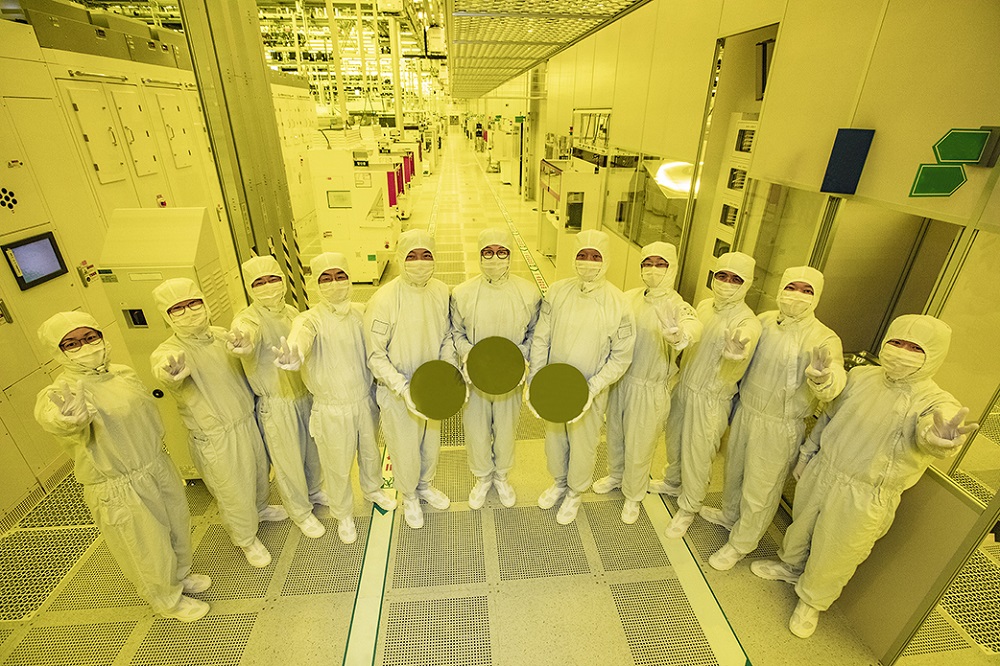Samsung Expects 900 Percent Profit Jump Amidst AI Boom

Samsung estimates more than 900 percent year-over-year profit increase for first quarter as demand for AI drives chip recovery
Samsung has said it is expecting a more than 900 percent jump in profits for the first quarter of 2024, as semiconductor prices recover from a post-pandemic slump amidst a boom in demand for AI services and infrastructure.
The biggest memory chip and TV maker estimated its operating profit for the quarter at 6.6 trillion won ($4.8bn, £3.8bn), up 931 percent from 650bn won a year earlier.
The figure beat analysts’ estimates of 5.7tn won and would be the company’s highest operating profit since the third quarter of 2022.
Samsung’s operating profit for the previous quarter fell less than expected. The first quarter figures represent Samsung’s first year-on-year profit increase since the second quarter of 2022.

Chip demand
Samsung’s chip division, in the past its biggest earner, is expected to show its first profit in five quarters following a plunge in chip prices that began in mid-2022 due to falling demand for consumer electronics following the pandemic.
Prices for DRAM memory chips rose about 20 percent and NAND flash memory chips rose 23 to 28 percent during the first quarter, according to TrendForce.
Demand for memory chips is expected to remain strong this year, driven by the boom in AI technologies, which require heavy back-end processing.
Samsung has also seen strong demand for its new Galaxy S24 flagship smartphone, in part due to incorporation of on-device AI, according to Korea Investor Relations Service.
AI boom
Samsung’s shares have risen about a third over the past year due to expectations of higher memory chip demand, including high-bandwidth memory (HBM) chips used for AI workloads.
Samsung is considered to be lagging SK Hynix in the HBM market, and is relying on the launch of its latest HBM chips in the third quarter to help catch up.